Archive for month: September, 2018
Three Ways UnitedHealth Overpayment Rule Impacts MCOs
/in In the News /by Diane McDermottBy Karen Appold
A federal judge sided with UnitedHealthcare and other payers in a case that challenged an Overpayment Rule adopted by CMS in 2014.
CMS implemented the rule to comply with the ACA, which introduced a new mandate that if a Medicare Advantage insurer identified an overpayment it was required to report the overpayment and return the overpayment amount to CMS within 60 days, says Richard L. Trembowicz, JD, associate principal, ECG Management Consultants, a healthcare consulting firm.
The Overpayment Rule defined an overpayment as a payment resulting from any diagnostic code that was inadequately documented in a patient’s medical chart and which a Medicare Advantage insurer should have determined through reasonable diligence that the claimed code was undocumented and, therefore, the insurer had received an overpayment.
“In effect, the 2014 Overpayment Rule required that all diagnoses submitted to support risk adjustment payments be 100% correct on review, and that reasonable diligence would be required to avoid a False Claims Act (FCA) charge if an overpayment was not returned within 60 days,” Trembowicz says. “Most insurers conduct a representative sample of medical chart documentation and coding practices to satisfy the reasonable diligence standard, but they do not review 100% of patient charts, creating a factual conundrum of how much of a proactive review is reasonable.”
Here are three other things MCOs should know about the September 7 ruling.
- The court addressed various reasons for finding that the Overpayment Rule was inequitable. The court concluded that CMS was imposing stricter requirements for reporting and identifying overpayments on Medicare Advantage payers than traditional Medicare regulations.
The Social Security Act requires “actuarial equivalence” between CMS payments made to Medicare Advantage payers and those made under traditional Medicare. The court stated that although payments for services under traditional Medicare and Medicare Advantage are set by the same methodology, the Overpayment Rule “systemically devalues payments” to Medicare Advantage payers, says Maria Garcia, JD, of counsel, KozyakTropin& Throckmorton.
The court found that CMS doesn’t have the legislative authority to apply more stringent standards to impose FCA consequences through regulations. The court reached this conclusion because the FCA imposes liability for knowingly submitting false claims for payment to the government, while the Overpayment Rule states that only reasonable diligence must be used to determine whether an overpayment from CMS has been received and therefore has to be returned, Garcia says.
“Simply put, the court found that the FCA’s and Overpayment Rule’s standards were inconsistent, yet imposed the same severity of penalties,” Garcia says. “The court agreed with UnitedHealthcare that Congress intended the FCA to punish and deter fraud, and to not punish an honest mistake or an incorrect claim submitted through mere negligence.”
- The ruling is a significant win for insurance companies. At this point, the ruling likely nullifies the obligations imposed on Medicare Advantage payers to report overpayments as delineated in the Overpayment Rule, Garcia says. Furthermore, insurance companies may face lower costs when reporting to CMS.
Although this ruling only addressed Medicare Advantage plans, which are covered under Medicare Part C, it may also effect Medicare Part A and Medicare Part B overpayment rules and their validity because of the various similarities between the overpayment reporting requirements applicable to these other sections of the Social Security Act. “Medicare Advantage payers should be ready to assess potential changes and review internal procedures to comply with the developing CMS reporting requirements for possible overpayments,” Garcia says.
- The ruling is not final. Because a DC Circuit Court made the ruling, it can be appealed to the U.S. Supreme Court. However, “CMS is unlikely to prevail and instead, CMS will likely adjust the rule to comply with the decision, most easily by recognizing the differences between Traditional Medicare and Medicare Advantage data in applying the concepts of overpayment to risk adjustment,” Trembowicz says.
Click here for the original article.
Litigation Over Ultra Music Festival’s Trademark Abroad Proceeds to Trial in Miami
/in In the News /by kttlawdevBy Zach Schlein
Following a Sept. 6 ruling by federal Judge Federico A. Moreno denying dual requests for summary judgement, litigation concerning the use of the Ultra brand in Croatia and Europe proceeded to trial in the Southern District of Florida on Monday. According to one attorney, the jury could reach a decision by Friday.
Click here for the original article.

Kozyak Tropin & Throckmorton is a complex commercial litigation firm founded in 1982 that focuses its practice on bet-the-company commercial cases, class actions, healthcare and bankruptcy matters.



